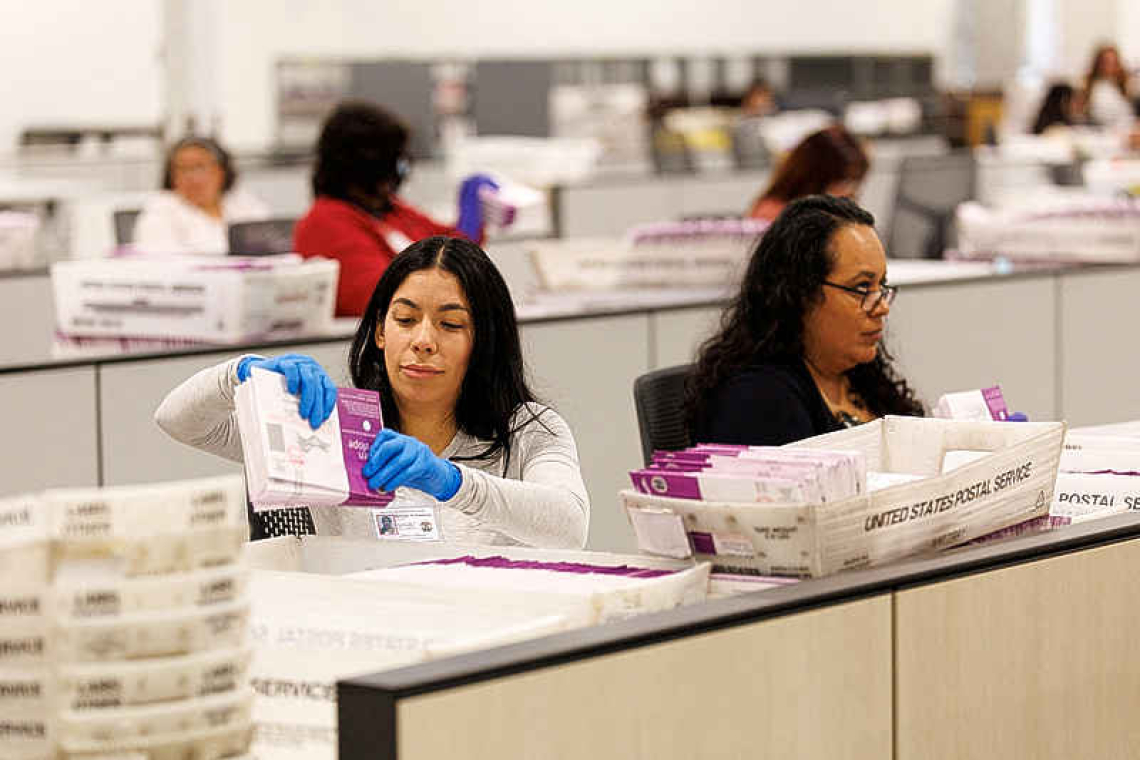WASHINGTON--U.S. President Donald Trump pledged on Monday to issue an executive order to end the use of mail-in ballots and voting machines ahead of the 2026 midterm elections, a move likely to disproportionately favour his Republican Party.
Federal elections are administered at the state level, however, and it is unclear if the president has the constitutional power to enact the measure. Legal challenges by some states are likely.
With Democratic voters traditionally more likely to use mail-in ballots than Republicans, Trump's pledge is his latest effort to reshape the midterm election battlefield to his party's advantage. He has also urged Republicans in states including Texas and Indiana to redraw congressional districts to increase the likelihood of a Republican candidate being elected.
The November 3, 2026, elections will be the first nationwide referendum on Trump's domestic and foreign policies since he returned to power in January. Democrats will be seeking to break Republicans' grip on both the House of Representatives and the Senate to block Trump's domestic agenda.
"I am going to lead a movement to get rid of MAIL-IN BALLOTS, and also, while we're at it, Highly 'Inaccurate,' Very Expensive, and Seriously Controversial VOTING MACHINES," Trump wrote in a social media post.
Later, at the White House, Trump said his Republican Party must get behind the new effort if they want to retain power, and noted the executive order was in the process of being drafted.
Trump, who has promoted the false narrative that he, not Democrat Joe Biden, won the 2020 election, has long cast doubt on the security of mail-in ballots, although evidence of voter fraud is vanishingly rare.He has for years also called for the end of electronic voting machines, pushing instead for the use of paper ballots and hand-counts, a process that election officials say is time-consuming, costly and far less accurate than machine counting.
"Remember, the States are merely an 'agent' for the Federal Government in counting and tabulating the votes. They must do what the Federal Government, as represented by the President of the United States, tells them," Trump wrote in his social media post.
But legal experts said states were responsible for administering federal elections under the U.S. Constitution and that only Congress can regulate how they do so."The President has no power constitutionally to dictate to states the manner in which they conduct national elections," said New York University Law School professor Richard Pildes, who specializes in legal issues related to democracy.







